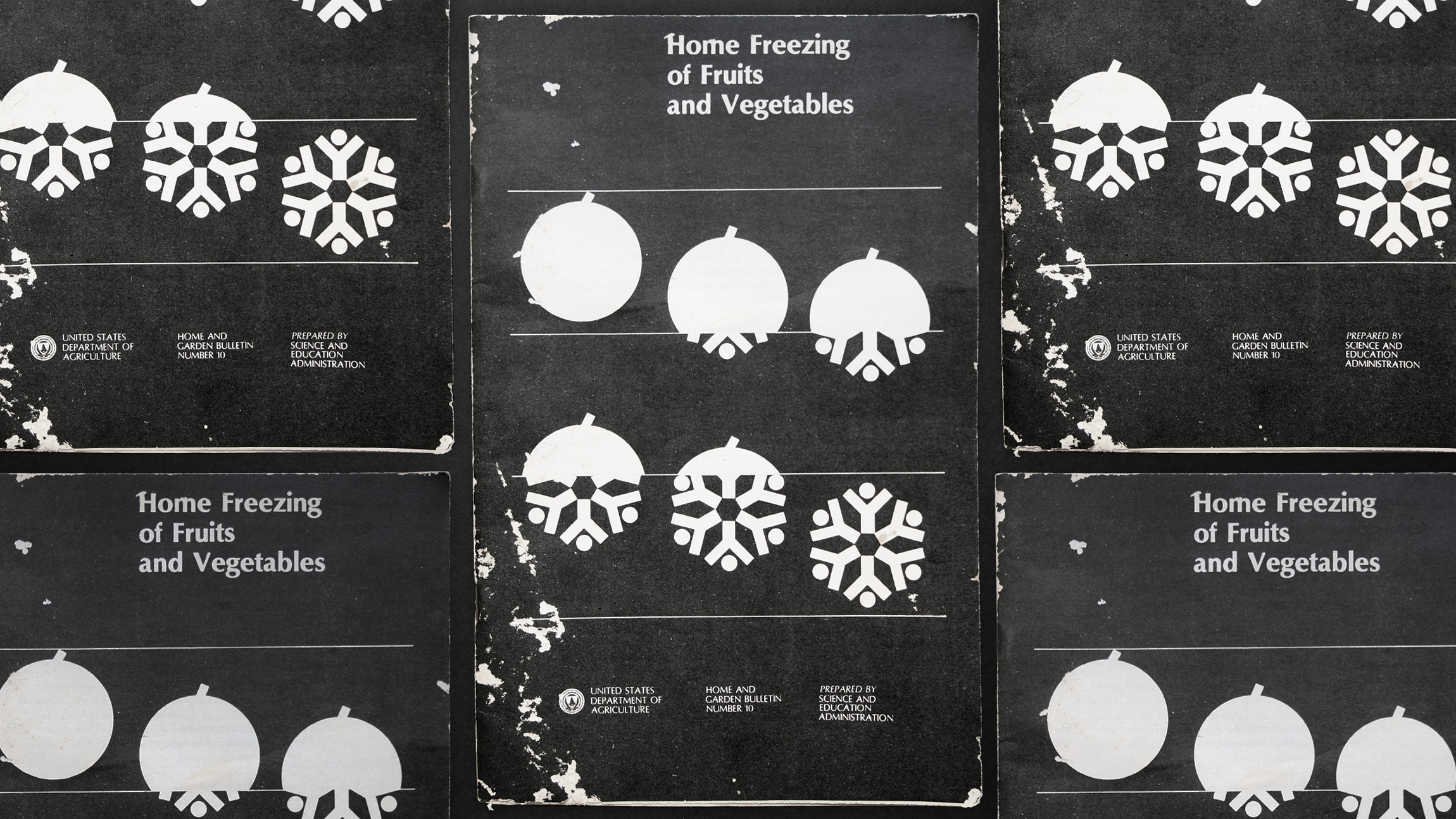| bi·o·de·grad·a·ble | adjective |
A once-living substance or object that becomes capable of being decomposed by bacteria or other living organisms — often to live again through growth or repurpose.
[fts_twitter tweets_count=10 cover_photo=no stats_bar=no show_retweets=no show_replies=no search=biodegradable]
And should biologic time run out and some plastics remain, there is always geologic time. The upheavals and pressure will change it into something else. Just like trees buried in bogs a long time ago—the geologic process, not biodegradation, changed them into oil and coal. Maybe high concentrations of plastics will turn into something like that. Eventually, they will change. Change is the hallmark of nature. Nothing remains the same.
Alan Weisman, The World Without Us
Peripheral Resources


Select Examples
‘Plastic is like that,’ Oliver was saying. ‘It never biodegrades. It gets churned around in the gyre and ground down into particles. Oceanographers call it confetti. In a granular state, it hangs around forever.’
Ruth Ozeki, A Tale for the Time Being
most plastics in use today are simply not biodegradable and are in fact, highly resistant to degradation. Indeed, the billions of tonnes of plastics already released into the environment, since the origin of their creation, remain with us to the present day in one form or another and may take thousands of years to completely degrade.
Christopher Blair Crawford, Microplastic Pollutants




